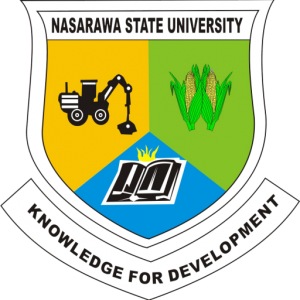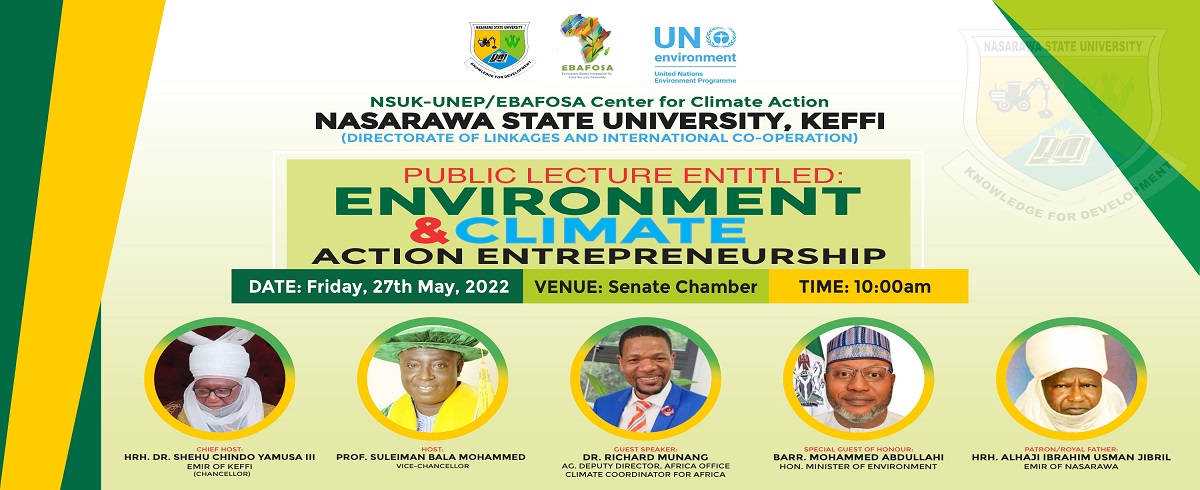
Welcome address by H O D
Programmes
- M.Phil/Ph.D. Urban And Regional Planning
- M.Sc. Geography (Urban And Regional Planning)
- M.Sc. Planning (Construction Management)
- M.Sc. Planning (Facilities Management)
- M.Sc. Planning (Project Management)
- M.Sc. Urban And Regional Planning
- M.Sc. Urban And Regional Planning (Sustainable Land Use Planning And Management)
- Masters In Urban And Regional Planning
- PGD Urban And Regional Planning
- B.Sc Urban & Regional Planning
Brief Profile
Objectives
Vision
Mission
Brief Profile
Coming Soon
Objectives
Coming Soon
Vision
Coming Soon
Mission
Coming Soon
Departmental Board
The Departmental Board is made up of all lecturers in the Department except Graduate Assistant with the Head of Department as the Chairman. The Departmental Board organizes and controls the teaching of all courses in the Department and the examination held in those courses.
| Name | Portfolio |
|---|---|
| Head of Department (HOD) | Chairman |
| All Academic Staff (Except Graduate Assistant) | Member |
Entry Requirements
WAEC
ND
English Language
English Language
English Language
Staff Profile
| S/No | Name | Rank | Institutional E-mail |
| 1 | Idris Medugu Nasiru | Professor | meduguni@nsuk.edu.ng |
| 2 | U. Mbanaso Michael | Professor | mbanasomu@nsuk.edu.ng |
| 3 | T. Gyuse Timothy | Professor | timothyt.gyuse@nsuk.edu.ng |
| 4 | Shehu Usman Suleiman | Lecturer I | suleimanshehuusman@nsuk.edu.ng |
| 5 | Eya Adamu Musa | Lecturer II | musaeyaadamu@nsuk.edu.ng |
| 6 | Abdullahi Suleiman | Assistant Lecturer | ------- |
| 7 | Ishaku Tsembeya Hassan | -------- | ishakutsembeyahassan@nsuk.edu.ng |
| 8 | Madaki Omammeh Shuaibu | ------- | madakiomammehshuaibu@nsuk.edu.ng |
| 9 | Ahmed Zakoyi Maiwada | Graduate Assistant | ------- |
| 10 | Muhammad Jibrin Yaro | Graduate Assistant | ------- |
List of Research/Publications
| S/No | Title | Contributors |
| 1 | ------------ | ------------ |
| 2 | ------------ | ----------- |
| 3 | -------------- | ------------ |
| 4 | ||
| 5 | ||
| 6 | ||
| 7 | ||
| 8 | ||
| 9 | ||
| 10 |
Upcoming Workshop/Conferences


